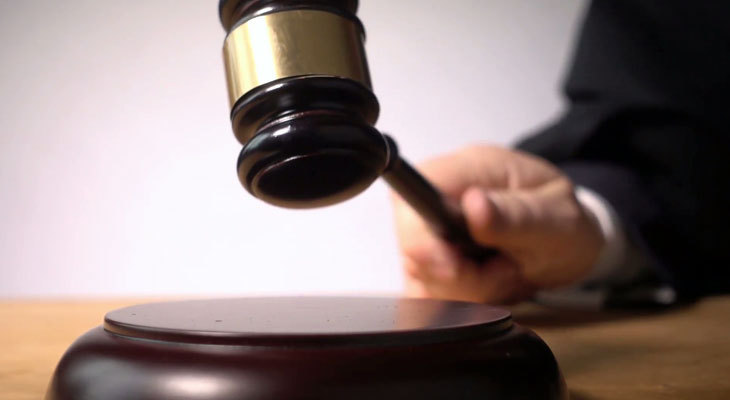
In law, an appeal process allows people to have their trial decisions reviewed. Parties can request to formally change an official decision. Appeals typically involve an error correction process and clarifying the law. If you’ve been found guilty or convicted of a crime by a court, you may use the appeal process to allow the trial decision to be reviewed by a higher court.
The process is designed to ensure court decisions are legally correct and there are no errors in judgment. It’s not advisable to initiate an appeal just because the decision was not in your favour. An appeal must be based on interpretations of the law and situations where a decision is not supported by the evidence produced at trial. The losing party has a certain amount of time to request for an appeal.
If you’ve been charged or convicted of a crime, don’t hesitate. Consult an experienced and proven criminal lawyer who can help turn the situation in your favor.
How the appeal process works
Appeal courts have a different structure when compared to trial courts; they don’t re-hear the evidence. When it comes to evaluating the credibility of testimony and evidence, appeal courts refer to trial court decisions, except in cases of overriding error. A panel of judges conduct the process.
In case you go for an appeal, your lawyer should focus on arguing how applicable laws should be interpreted in your situation. One of the purposes of establishing the appeal process is to understand how the law should be interpreted in similar cases in the future. The appeal court can either uphold the trial decision or it has the power to change the trial decision. The appeal court can also order a new trial in case the original trial was problematic.
Appeal courts don’t consider every case and review only those that can have serious societal implications. It’s important to consider that laws vary from province to province. Decisions of the Alberta Court of Appeal are binding only within Alberta. The following are three levels of appeal:
1. Summary Conviction Appeal
If you receive a summary conviction from a provincial lower court, you can use the Summary Conviction Appeal to have the decision reviewed by a higher court in your province.
2. The Provincial Court of Appeal
The Provincial Court of Appeal is the panel of three justices who deal with court decisions across the province. Majority of appeal cases are concluded in provincial appeal courts. However, in some rare situations, the case can qualify to be heard by the highest court (the Supreme Court of Canada).
3. The Supreme Court of Canada
The Supreme Court of Canada is a panel of nine justices from different regions of the country. It only entertains cases that require national direction. One of the functions of the Supreme Court is to address legal discrepancies in provincial legal systems. Since the Supreme Court is the highest court, its decisions can’t be appealed.
About Slaferek Callihoo
We specialize in DUI Defence, drug, assault, and theft or fraud offences. If you have been charged or you want to initiate an appeal, feel free to schedule a free consultation now!
